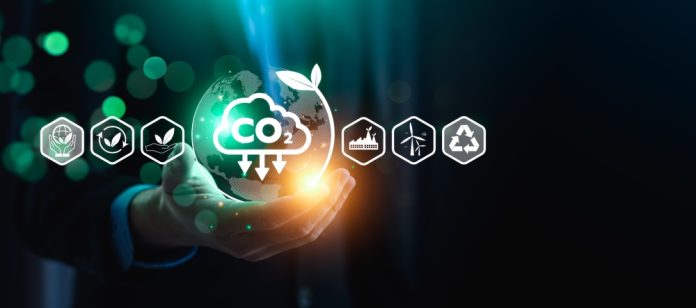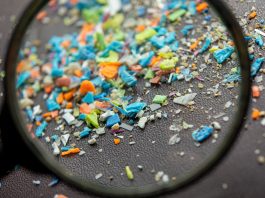In a groundbreaking development for sustainable industry, VTT Technical Research Centre of Finland and LUT University have officially inaugurated a state-of-the-art CO₂ conversion pilot plant in Espoo, Finland.
This facility, designed within sea containers, is dedicated to converting captured carbon dioxide emissions into plastic materials.
This initiative marks a significant advancement in the global quest to replace fossil-based raw materials with more sustainable alternatives.
Boosting Finland’s green economy and hydrogen sector
The newly operational CO₂ conversion plant plays a crucial role in Finland’s broader strategy to expand the use of technological carbon sinks as part of its commitment to reducing greenhouse gas emissions.
By harnessing biobased CO₂ emissions from key industrial sectors such as the forest industry and waste incineration, the plant aims to promote sustainable industrial practices within the country.
This innovative project stems from the Forest CUMP research initiative, a collaboration between VTT and LUT University.
The research has focused on exploring how biobased CO₂ can be converted into valuable products like polypropylene (PP) and polyethene (PE), which are among the most commonly used plastics in everyday life.
Traditionally sourced from fossil fuels, these plastics can now be produced through a more environmentally friendly process, offering a sustainable alternative.
CO₂ conversion: Supporting the transition to a greener plastics industry
Located at the Bioruukki pilot centre, the new facility is a practical step towards realising the goals of the Forest CUMP research project.
The initiative operates within the Business Finland Veturi ecosystem and receives backing from major Finnish corporations, including Borealis, through its SPIRIT programme.
This collaboration is focused on facilitating the green transition of the plastics industry, advancing sustainable development, and contributing to Finland’s national carbon neutrality objectives.
The Forest CUMP project, which began in August 2022, is set to continue through the end of 2024, laying the groundwork for future advancements in CO₂ conversion technology and sustainable industry practices.
A major opportunity for Finland’s export market
VTT research professor Juha Lehtonen highlights the vast potential of this technology, noting that Finland generates approximately 30 million tonnes of biobased CO₂ each year.
If effectively captured and transformed into usable products, this CO₂ could establish Finland as a leading producer and exporter of polymers and transport fuels derived from carbon dioxide and hydrogen.
“The technology creates a significant export opportunity for renewable high-value-added products,” explained Lehtonen.
“Due to its extensive forest industry, Finland has a huge potential to utilise biobased carbon dioxide. Outside the Nordic countries, large sources of biobased carbon dioxide are rare.”
As Finland continues to push the boundaries of sustainable innovation, the CO₂ conversion pilot plant in Espoo stands as a beacon of what can be achieved when cutting-edge research meets practical application.
With the potential to revolutionise the plastics industry and significantly reduce reliance on fossil fuels, this initiative not only underscores Finland’s commitment to environmental stewardship but also positions the country as a leader in the global transition to a greener economy.





